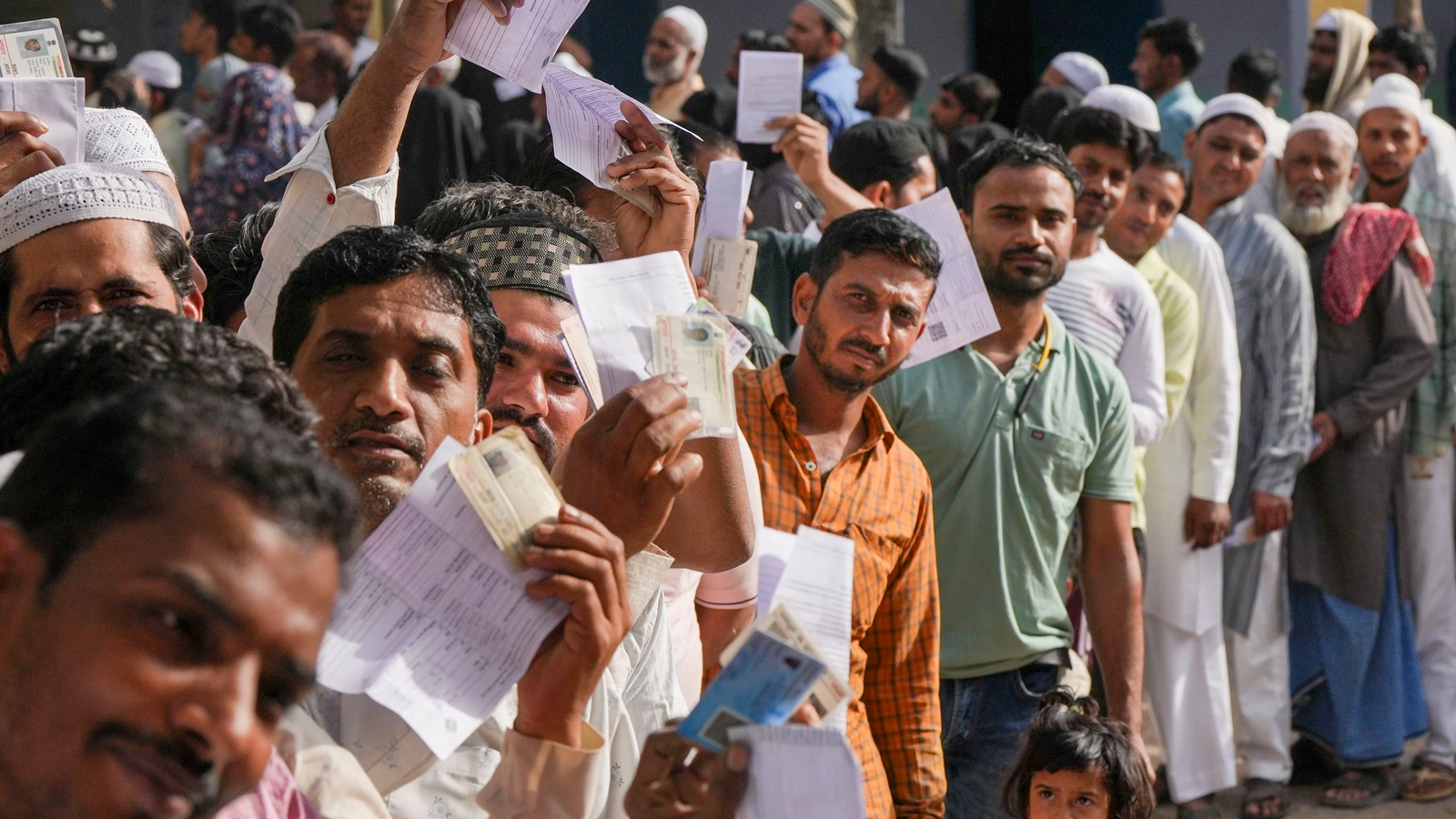Opposition Criticizes Delay in Healthcare Policy A Call for Urgent Reform
In recent months, the delay in the rollout of crucial healthcare policies by the government has become a major point of contention, drawing sharp criticism from opposition parties nationwide. Leaders from across the political spectrum have voiced concern over the prolonged postponement of reforms designed to improve medical infrastructure, increase accessibility, and strengthen the overall public health system. This growing unrest reflects the frustration of citizens who continue to grapple with inadequate facilities, shortages of medicines, and insufficient staffing at healthcare centers, especially in rural and underserved areas.
The opposition’s criticism centers on the government’s failure to meet deadlines for key policy implementations, which were initially announced with much fanfare. These policies, including a revamped national health insurance scheme and upgrades to primary health centers, promised to bridge long standing gaps in healthcare delivery. However, political analysts suggest that bureaucratic hurdles, resource mismanagement, and shifting administrative priorities have slowed progress significantly. This delay has meant that the intended benefits, such as reduced out of pocket expenses and better access to quality care, remain out of reach for many vulnerable populations.
State governments have also felt the ripple effects of the central government's sluggish pace. In states with fragile health infrastructure, the absence of timely policy guidance and funding has left many hospitals struggling to maintain basic services. Opposition leaders in several states have publicly highlighted cases of medicine shortages, malfunctioning equipment, and the lack of trained personnel. For instance, rural clinics in several districts remain understaffed, with patients often forced to travel long distances for specialized treatment. Such conditions not only endanger public health but also undermine trust in the government’s commitment to welfare.
Adding to the controversy is the recent rise in healthcare demands following the pandemic and the surge in non communicable diseases, which have exposed systemic weaknesses. Opposition parties argue that the delay in policy rollout has compounded these issues by failing to address critical challenges such as preventive care, mental health services, and rural healthcare accessibility. These delays are seen as particularly detrimental in light of the government's earlier assurances of prioritizing healthcare modernization and universal coverage. Many healthcare experts echo this sentiment, warning that procrastination now could lead to costlier interventions later and increased disease burden.
The political opposition has not limited itself to criticism but has called for immediate remedial measures. They demand the government prioritize healthcare by allocating sufficient funds, ensuring transparency in project execution, and involving independent experts in policy implementation. Many opposition leaders advocate for setting up a task force to expedite stalled initiatives and closely monitor progress. Public rallies and parliamentary debates have intensified around these demands, reflecting healthcare's rising prominence as a critical election issue.
On the ground, the delay in healthcare reforms has tangible human consequences. Patients and families face prolonged wait times, lack of affordable treatment, and inconsistent medical supplies. Community health workers, often the first point of contact in remote areas, report feeling unsupported and overwhelmed. Civil society organizations have also stepped up, urging the government to engage with grassroots stakeholders and incorporate their feedback into policy design and rollout. The call for reforms is therefore not just political but rooted in the lived experiences of millions who rely on public healthcare.
Looking ahead, the delay in healthcare policy implementation serves as a cautionary tale about the risks of neglecting timely reforms in a sector so vital to public welfare. Both the government and opposition must work beyond partisan divides to ensure that healthcare systems are resilient, equitable, and responsive. As the debate continues, citizens hope for swift action that translates policy promises into improved health outcomes for all.
Politics











